Tag: Election policy
-
Abbott signs bills altering election administration in Harris County

On June 20, Texas Gov. Greg Abbott (R) signed two bills affecting the administration and oversight of elections in Texas’ largest county, Harris County. SB1750 would transfer all powers and duties of a county elections administrator to the county tax assessor-collector and county clerk in counties with a population of more than 3.5 million. Harris…
-
Oregon to decide on ranked-choice voting ballot measure in 2024, following measures in four other states

Oregon will be the fifth state to vote on a ranked-choice voting (RCV) ballot measure. On June 25, the Oregon House and Senate passed House Bill 2004 (HB 2004), sending the proposed change to the ballot for voters to decide on Nov. 5, 2024. Should voters approve the ballot measure, RCV would be implemented for…
-
Top-five ranked choice initiative voting initiative certified for Nevada ballot

On July 21, 2022, the Nevada Voters First campaign announced that the Secretary of State verified 170,941 of their 266,000 submitted signatures for a top-five ranked choice voting initiative, qualifying it for the ballot this November. The campaign needed at least 135,561 valid signatures. If approved by voters, the measure would establish an open top-five…
-
Signatures submitted for voting policy amendment in Michigan
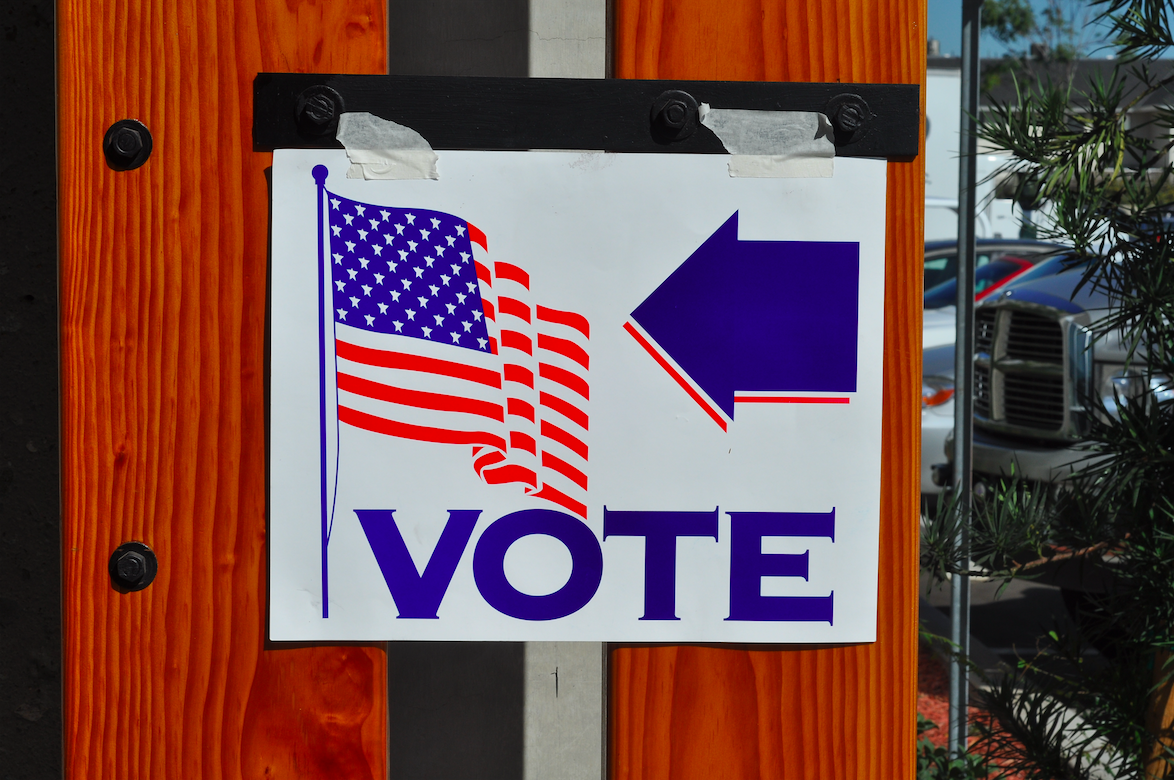
The Promote the Vote 2022 campaign submitted 669,972 signatures to the secretary of state to qualify for the Michigan ballot this November on July 11. The measure would make multiple changes to voting and elections in Michigan, including policies around absentee voting, early voting, voter identification, and election audits. The signature requirement to qualify for…
-
Signatures submitted for three ballot initiatives in Arizona
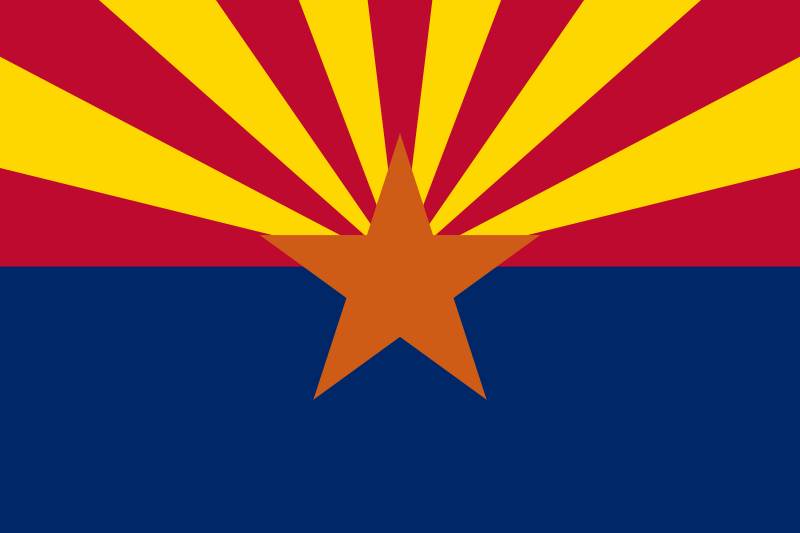
On July 7, Arizona Secretary of State Katie Hobbs announced that three ballot initiative campaigns submitted signatures to appear on the ballot this November. If enough signatures are verified, the initiatives will join the eight legislatively referred measures currently certified for the Arizona ballot. To qualify an initiated state statute in Arizona, campaigns must collect…
-
Missouri legislature acts on voter identification bill
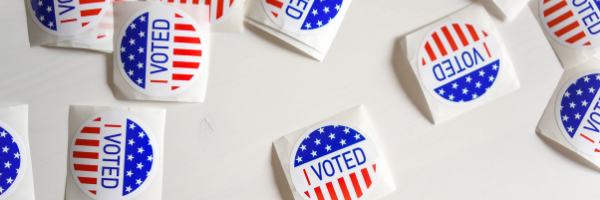
The Missouri Senate Committee on Local Government and Elections conducted a public hearing on House Bill 1878 on April 6, 2022. The bill would modify Missouri’s voter identification requirements as follows: Voters casting absentee ballots in person would be required to present photo identification. A voter without the required photo identification would be permitted to…
-
New York City legislation allowing certain noncitizens to vote becomes law

On Jan. 9, 2022, New York City Mayor Eric Adams (D) allowed Int. 1867-2020 to become law without his signature. Int. 1867-2020 will allow lawful permanent residents and other noncitizens authorized to work in the United States to vote in municipal elections conducted on or after Jan. 9, 2023. According to Politico, this will allow…
-
Federal appeals court rejects claim that Georgia requirement that voters pay postage for absentee/mail-in ballots amounts to a poll tax
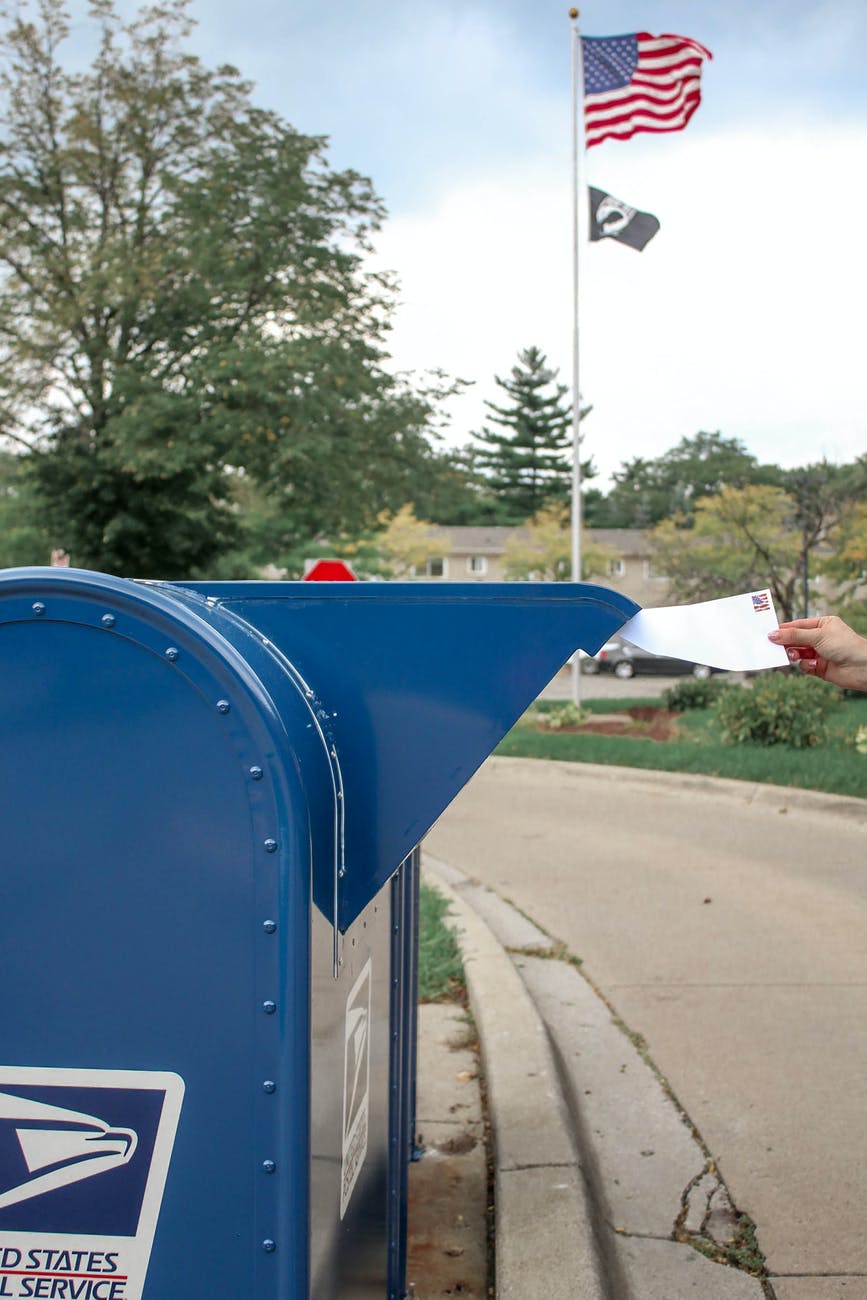
On Aug. 27, 2021, a three-judge panel of the United States Court of Appeals for the Eleventh Circuit unanimously affirmed a lower court’s decision finding that a Georgia law requiring voters to pay the price of postage for returning absentee/mail-in ballots does not constitute an illegal poll tax. The plaintiffs had argued that requiring absentee/mail-in…
-
0.8% of absentee/mail-in ballots rejected in 2020
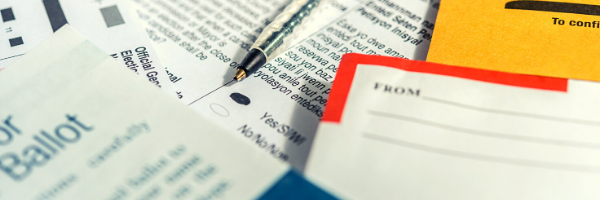
In the 2020 general election, voters cast 70.6 million absentee/mail-in ballots, and election officials rejected 0.8% of them, according to data released by the U.S. Election Assistance Commission (EAC). The number of absentee/mail-in ballots cast in 2020 marked a 111% increase over 2016. And by comparison, absentee mail-in ballot rejection rates in 2018 and 2016…
-
Reviewing government responses to the coronavirus pandemic from one year ago this week

Although the first case of COVID-19 in the U.S. was confirmed on Jan. 21, 2020, it wasn’t until March when the novel coronavirus upended life for most Americans. Throughout the year, states issued stay-at-home orders, closed schools, restricted travel, issued mask mandates, and changed election dates. Here are the policy changes that happened June 22-26,…

